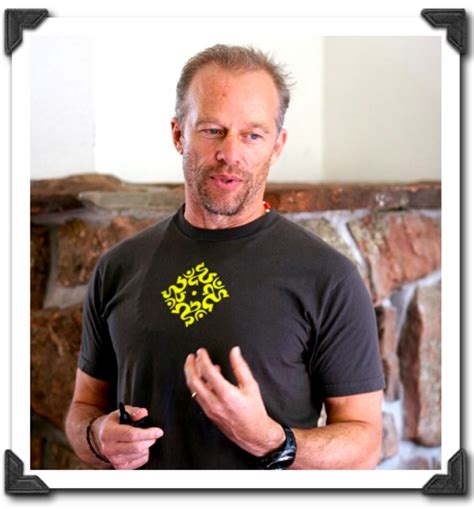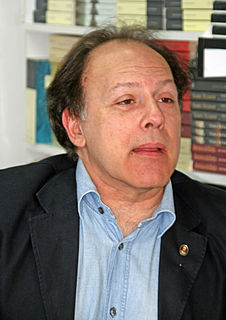A Quote by George Edward Woodberry
Much of a poet's experience takes place in imagination only; the life he tells is oftenest the life that he strongly desires to live, and the power, the purity and height of his utterance may not seldom be the greater because experience here uses the voices of desire.
Related Quotes
Buddha says this is how one should be - no desire, because all desires are futile. They are about the future; life is in the present. All desires distract you from the present, all desires distract you from life, all desires are destructive of life, all desires are postponements of life. Life is now and the desire takes you away, farther and farther away from now. And when we see that our life is misery we go on throwing the responsibility on others, and nobody is responsible except us.
You can say the president's private life takes up so much of his time that he doesn't focus on his job, so therefore he's terrible. But in my imagination, the 23 hours of the day that we don't experience, he's very hard at work. He's quite an effective and successful president - in my narcissistic imagination.
Prophetic utterance, like poetic utterance, transforms experience and moves the receiver to new attitudes. The kinds of experience--the recognitions or revelations--out of which both prophecy and poetry emerge, are such as to stir the prophet or poet to speech that may exceed their own known capacities; they are "inspired," they breathe in revelation and breathe out new words; and by so doing they transfer over to the listener or reader a parallel experience, a parallel intensity, which impels that person into new attitudes and new actions.
To live means to experience-through doing, feeling, thinking. Experience takes place in time, so time is the ultimate scarce resource we have. Over the years, the content of experience will determine the quality of life. Therefore one of the most essential decisions any of us can make is about how one's time is allocated or invested.
If yoga is about life, this means ALL life, not just part of it. Together, the spiritual and the material constitute the whole you, the whole of the experience of being human, and the nature of the universe in which you live. There may be no step more important to achieving ultimate fulfillment than accepting what the Vedas teach us about desires--that some desires are inpsired by your soul.
However intense my experience, I am conscious of the presence and criticism of a part of me, which, as it were, is not a part of me, but a spectator, sharing no experience, but taking note of it, and that is no more I than it is you. When the lay, it may be the tragedy, of life is over, the spectator goes his way. It was a kind of fiction, a work of the imagination only, so far as he was concerned.
We all have to lead our own life, and we only have the one life, and the only people who can live life not according to their own desires are those who have no desires--which is the majority, actually. People can say what they like, they can speak of abnegation, sacrifice, generosity, acceptance, and resignation, but it's all false. The norm is for people to think that they desire whatever comes to them, whatever they achieve along the way or whatever is given to them--they have no preconceived desires.
Christianity set itself the goal of fulfilling man’s unattainable desires, but for that very reason ignored his attainable desires. By promising man eternal life, it deprived him of temporal life, by teaching him to trust in God’s help it took away his trust in his own powers; by giving him faith in a better life in heaven, it destroyed his faith in a better life on earth and his striving to attain such a life. Christianity gave man what his imagination desires, but for that very reason failed to give him what he really and truly desires.
African tradition deals with life as an experience to be lived. In many respects, it is much like the Eastern philosophies in that we see ourselves as a part of a life force; we are joined, for instance, to the air, to the earth. We are part of the whole-life process. We live in accordance with, in a kind of correspondence with the rest of the world as a whole. And therefore living becomes an experience, rather than a problem, no matter how bad or how painful it may be.
For not by art does the poet sing, but by power divine. Had he learned by rules of art, he would have known how to speak not of one theme only, but of all; and therefore God takes away the minds of poets, and uses them as his ministers, as he also uses diviners and holy prophets, in order that we who hear them may know them to be speaking not of themselves who utter these priceless words in a state of unconsciousness, but that God himself is the speaker, and that through them he is conversing with us.




































